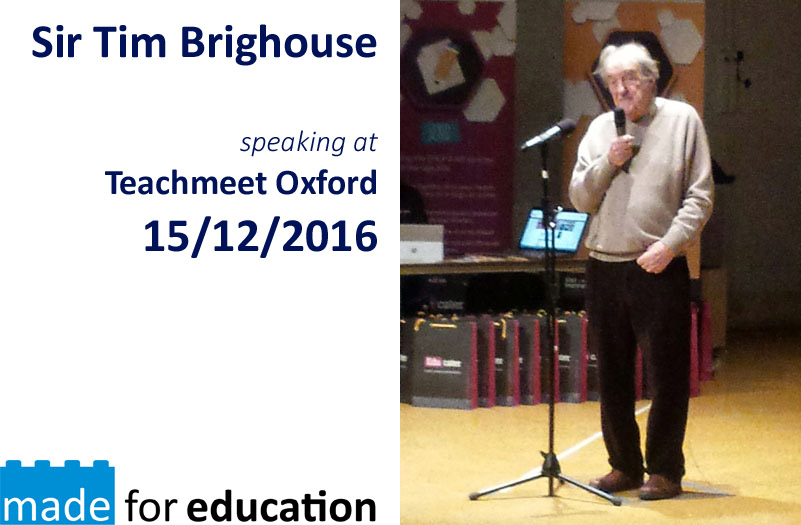Using insight from neuroscience to improve education
Using insight from neuroscience to improve education
Like many, I was wowed when around 12 years ago, I first became aware of the application of theories of neuroscience within education. This was great: it made sense, it felt good! Then came ‘learning styles’. As a trainer, I was soon delivering sessions for both students and staff containing sections entitled ‘what type of learner are you?’ or ‘VAK activities in the classroom’. I had a vague feeling that there was more to it. Then, around 10 years ago in one of my student sessions, I challenged a particularly disengaged student on his behaviour and his reply was ‘There’s no point in me listening to you because my teacher has told me I’m a kinaesthetic learner!’ Eureka – there it was. The veil was lifted. The dissemination of this theory was capable of doing considerable damage.
Interesting blog and video on learning styles:
http://www.researched2013.co.uk/why-are-we-still-talking-about-learning-styles/
https://www.youtube.com/watch?v=sIv9rz2NTUk
I quickly became wary of spouting any pseudo-scientific ideas on education as research was beginning to prove that many of these trends were becoming discredited or at the very least were unsupported by any real scientific study.
Myths about the brain ‘hamper effective teaching’: http://www.telegraph.co.uk/education/educationnews/11164312/Myths-about-the-brain-hamper-effective-teaching.html
This has not dampened my interest in neuroscience and its potential impact on teaching and learning, however. Instead it’s become one of my passions. I feel privileged that my chosen career has led to personal and professional research within the fields of neuroscience, pedagogy, psychology, philosophy and the combined social sciences. Through this, I have developed an open mind and a critical eye. Whilst there is a glut of books on popular theories of ‘brain-centred’ learning and its application in the classroom, many of these strategies have not yet been scientifically proven to aid teaching and learning. Until now. I was delighted to discover that six pilot projects were launched recently to discover how neuroscience can help pupils learn more effectively in the classroom. The Wellcome Trust and the Education Endowment Foundation (EEF) are funding multi-million pound research projects to discover how neuroscience can help pupils learn more effectively in the classroom. These projects will involve more than 60,000 pupils across the UK and will run until 2018.
http://www.wellcome.ac.uk/News/Media-office/Press-releases/2014/WTP057594.htm
As educators, we are living in exciting times. Today, as a result of years of exposure by brain-based educators, teachers are a working in a more informed profession. Developments in psychology, cognitive science and neuroscience are having a huge impact on learning theories and teaching practice. We need to be careful, however, that in our eagerness to bring these discoveries into the classroom, we do not succumb to populist re-interpretations or myths of the brain. We are still in the infancy of brain research, there’s so much more to learn. I was excited to hear of the forthcoming EEF research projects and am looking forward to hearing their findings.
Written by Sander de Groot



